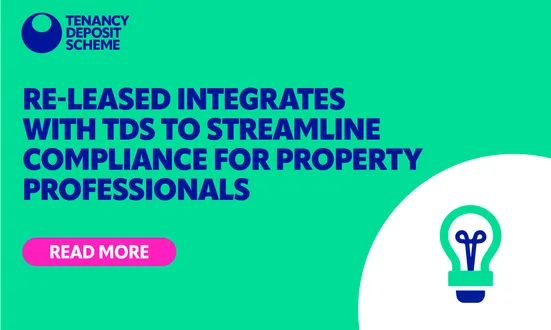NRLA recommendations on anti-social behaviour will be adopted by the government in what is a huge win for landlords. NRLA Chief Executive Ben Beadle explains what new powers landlords will be given and what this means.
Anti-social behaviour blights communities and ruins lives.
Anti-social tenants can be a huge headache for landlords as well as causing misery to fellow tenants and neighbours, many of whom are too frightened to speak out.
With the proposed abolition of the so-called ‘no fault’ eviction – Section 21 – it was feared landlords would be left high and dry when tackling problem tenants, with alternative routes for possession relying on a criminal conviction.
With the potential implications huge, tackling anti-social behaviour swiftly and effectively has been one of the key pillars of the NRLA’s campaigning on the issue, since the plans were first mooted back in 2019.
As a result of this – and following my meetings with Secretary of State Michael Gove and Housing Minister Rachel Maclean – the government has now pledged to arm landlords with the tools they need to ensure that anti-social tenants face the consequences of their actions.
It has pledged to make it quicker and easier to evict where there is evidence of anti-social behaviour – adopting a wide-ranging number of NRLA proposals, including plans to severely curtail the notice period for anti-social behaviour evictions to just two weeks.
What will the new powers look like?
Headline measures include pledges to halve the delay between a private landlord serving notice for anti-social behaviour and eviction, and the introduction of a broader list of disruptive and harmful activities that can lead to eviction.
The government has promised to:
- Make grounds for possession faster and easier to prove, making the notice periods for all anti-social behaviour evictions two weeks,
- Ensure all private tenancy agreements include clauses specifically banning anti-social behaviour, making it easier for landlords to use the breach of tenancy ground,
- Make the notice period two weeks for all anti-social behaviour eviction grounds,
- Expand the discretionary eviction ground, to make anti-social behaviour easier to prove in court,
- Speed up the process of evicting an anti-social tenant by working with the courts’ service to explore how to prioritise anti-social behaviour cases,
- Introduce legislation that includes guidance for judges on principles to consider when making a decision, including the impact on the landlord, other tenants or neighbours,
- Explore mediation options when it comes to tackling low-level, but high impact anti-social behaviour.
The wider programme also warns of unlimited fines for ‘irresponsible landlords and building owners’ who allow their properties to fall into disrepair, encouraging anti-social behaviour as well as a consultation on the expansion of closure powers – to shut down premises being used to commit nuisance or disorder.
It has also pledged to tackle the issue of anti-social behaviour in short terms lets, such as those advertised on Airbnb and similar platforms.
More power to tackle anti-social tenants
Research carried out by us here at the NRLA found that 50 per cent of landlords have at some point attempted to repossess a property because of a tenant’s anti-social or criminal behaviour. Of this group 84 per cent had received no help in tackling it from their local authority and 75 per cent had no assistance from the police in dealing with anti-social tenants.
Last month’s announcement will help give landlords confidence that they will have the power to repossess in these circumstances, quickly and easily.
In an evidence session at the end of last year, I shared with ministers harrowing accounts of members’ experiences at the hands of anti-social tenants and, in a letter to the housing minister, outlined of simple but effective measures the government could introduce to make it easier for landlords to evict in these circumstances.
What they have come back with is a comprehensive list of changes, many of which align exactly to what we proposed and, if properly implemented, will make a real difference when it comes to tackling anti-social behaviour on the ground.
We have long argued that the law must be on the side of the victims of anti-social behaviour, and we are glad to see that the government agrees.
More information
Action on anti-social behaviour is one of the key pillars of the NRLA’s rental reform campaign. To find out more click here.
To read Ben’s letter to the Housing Minister in full click here.
To read the government’s full anti-social behaviour plan click here.

Ben Beadle is chief executive of the National Residential Landlords Association (NRLA), the UK’s largest trade body for landlords.
A landlord himself since the age of 20, Ben started out as property manager before working his way up through the ranks at Tenancy Deposit Scheme (TDS).
He was then Operations Director at property management business Touchstone before overseeing the merger of the National Residential Landlords Association (NLA) and Residential Landlords Association (RLA) to create the new trade body earlier this year.
His key aims as head of the organisation are to strengthen the voice of landlords in Westminster and Cardiff, to improve the reputation of landlords in the media and to support members through information, training and accreditation.
NRLA: The NRLA updates landlords on all the latest legislation changes affecting the sector and offers expert advice, training and other exclusive services and benefits.


